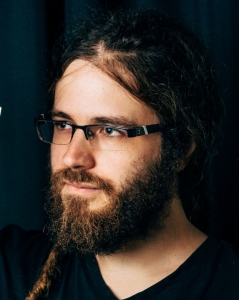Marcus Huber
IQOQI Vienna
ZOOM LINK TO JOIN IN: http://s.ic.fo/QTD_MarcusHuber
Tuesday Oct 20, 2020 / 13:00-14:00 CEST
Autonomous temporal probability concentration and the second law of thermodnyamics
According to thermodynamics, the inevitable increase of entropy allows the past to be distinguished from the future. From this perspective, any clock must incorporate an irreversible process that allows this flow of entropy to be tracked. In addition, an integral part of a clock is a clockwork, that is, a system whose purpose is to temporally concentrate the irreversible events that drive this entropic flow, thereby increasing the accuracy of the resulting clock ticks compared to counting purely random equilibration events. In this article, we formalise the task of autonomous temporal probability concentration as the inherent goal of any clockwork based on thermal gradients. Within this framework, we show that a perfect clockwork can be approximated arbitrarily well by increasing its complexity. Furthermore, we combine such an idealised clockwork model, comprised of many qubits, with an irreversible decay mechanism to showcase the ultimate thermodynamic limits to the measurement of time.

